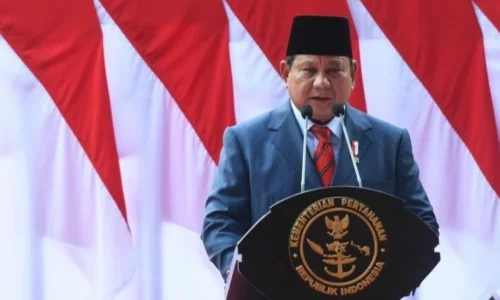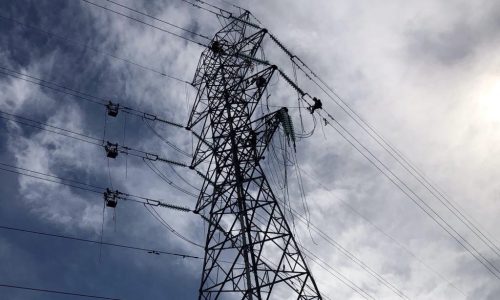Telekomunikasi Indonesia Internasional (Telin), a subsidiary of PT Telkom Indonesia (Persero), is highly optimistic about Indonesia’s potential to become a global hub for undersea cables and data centers.
Telin has a global footprint, represented in 14 countries through global and representative offices, making it a strong contender in the international telecommunications landscape. The company is committed to realizing its vision of making Indonesia an international connectivity hub.
With a track record of managing 26 international undersea cable infrastructures spanning over 250,000 kilometers, Telin is on a mission to establish Indonesia as a key player in the international connectivity landscape.
Budi Satria Dharma Purba, President Director of Telin, expressed confidence in the company’s pivotal role within the undersea cable sector.
He highlighted the vast reach of Telin’s existing undersea cable infrastructure, stating that it could circle the Earth not just once but five times over.
Telin is currently undertaking four undersea cable projects, with plans for at least seven more by 2026. These endeavors are aligned with Telkom Group’s Five Bold Moves strategy and aimed at fortifying Telkom’s business.
Supporting Telkom’s data center expansion
Telin’s role extends beyond undersea cables; it also supports Telkom’s data center business. Telkom is undergoing a significant business transformation, including initiatives like Fixed Mobile Convergence, InfraCo, DataCenter Co, B2B Digital IT Service Co, and Digico.
To complement these efforts, Telin will serve as an enabler through its undersea cable business, facilitating Telkom’s data center expansion.
Bogi Witjaksono, Director of Wholesale & International Services at Telkom, emphasized Telin’s pivotal role in interacting with the international community. He stated that Telin aspires to become a connectivity hub for data and data centers in Southeast Asia.
Furthermore, PT Telkom Indonesia Tbk has ambitious plans for green energy-based data center development. By 2030, the company aims to have 400 megawatts (MW) of data center capacity out of a total capacity of 1.5 gigawatts in Indonesia.
Telkom already operates data centers in 25 cities with an utilization rate of over 70%, and it plans to expand further, both domestically and internationally.









